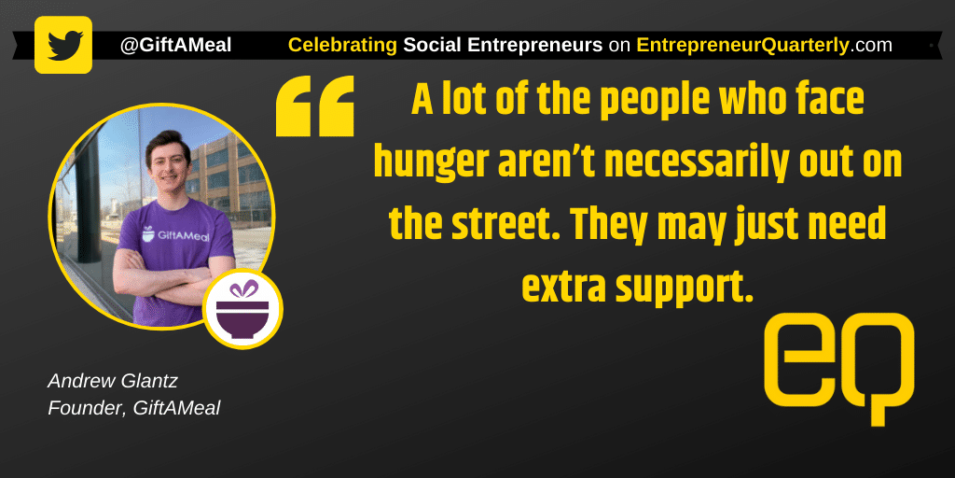
5 Things Startup Entrepreneurs Can Learn from a Chef
OlioCity discusses entrepreneurship with award winning chef, Gerard Craft, founder of Porano Pasta, a fast casual Italian restaurant that is a favorite of Downtown residents and workers.
The food scene in St. Louis has been buzzing locally, and nationally, for years. This was not the case back in 2005, when a young chef named Gerard Craft open Niche in the Benton Park neighborhood.
Since then, he’s become one of the most well-known names in the Midwest food scene, with a James Beard award and five restaurants under his belt.

In the age of the tech entrepreneur, the glorification of all things scaleable, venture capital, and startup culture, it’s easy to overlook entrepreneurs like Craft, who have brought a different kind of innovation to the food and beverage industry. The same risk-taking, raising of capital, team building, and long hours are shared by entrepreneurs of all stripes, and chefs like Craft have applicable lessons for all entrepreneurs.
We sat down with the chef over a bowl of pasta and learned some of his secrets to success and longevity, but sadly, no secret pasta recipes. After a career spanning almost two decades, here are five things startup entrepreneurs can learn from a chef:
Think of yourself as a shepherd.
We have so many great ideas coming from our teams in the kitchen, so we encourage that sharing of ideas. As the leader, you can champion others and steer them in the right direction to make a great idea even better.
Embrace your failures.
Instead of letting failures crush you, build upon them. Failures should be seen as valuable, and it takes a long time to build that list of failures. I now see them as the building blocks for a successful business, and an actual advantage over competition. Your competition will have to go through the same failures as they grow so if you’ve already gotten through them, you’re a step ahead.
Constantly be learning.
When it’s in the kitchen, for me, it’s looking back and studying the history of food, chefs and cuisines which helps me to look forward – seeing the roots of food helps me to create modern food. I think that can be translated to any business. If you understand the roots of your industry, it can help you to create something new.
Trust your gut.
Often when you are questioning your decision, you already know the answer. It’s easy to get lost in a lot of noise, but at the end of the day, when the answer comes down to you, trust your gut.
Ask for feedback constantly.
When you have your head down cooking on the line, it’s easy to stay in the kitchen and not visit the dining room just a few feet away, but it’s so important. I make a point to go out and talk to guests to ask their thoughts on everything from the food to service in the moment. I think every business leader can learn from that advice. Step back from the daily grind of your work to ask your clients/customers/employees for honest feedback. Actively listen and appreciate their opinions as ways to continue to improve your business.
One of Craft’s newest concepts is the Modern Italian themed Sardella, which opened its doors last year, serving brunch and dinner daily. It’s open throughout the day and lends itself as a perfect spot for meetings in the Clayton area for busy entrepreneurs, shuffling back and forth between downtown and the suburbs.

Photo Credits: Every photo in this article was taken by Spencer Pernikoff from Whiskey and Soba.










